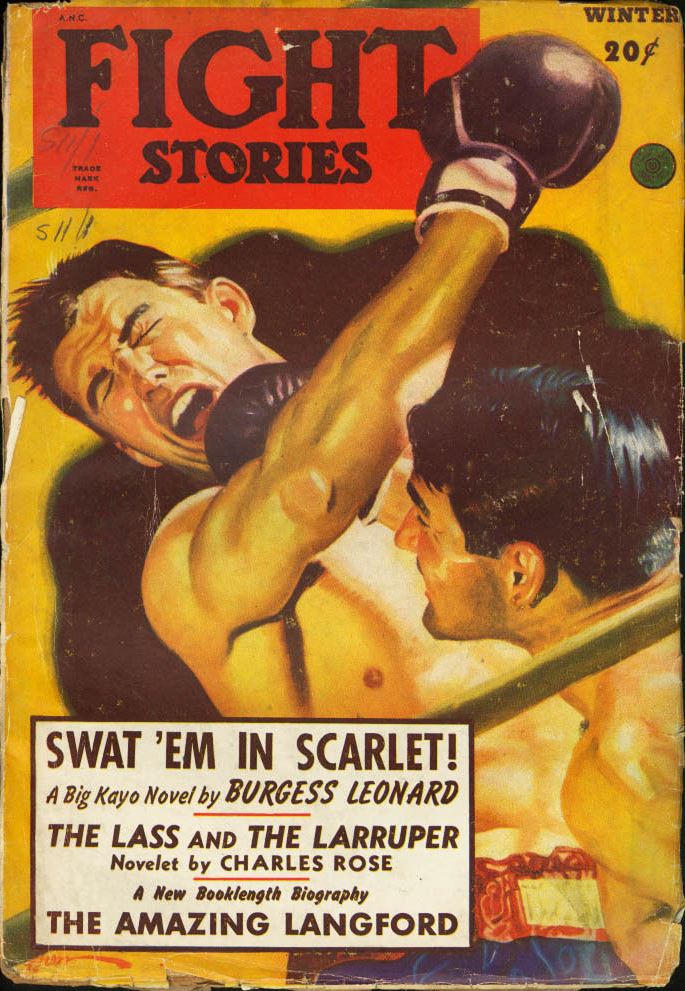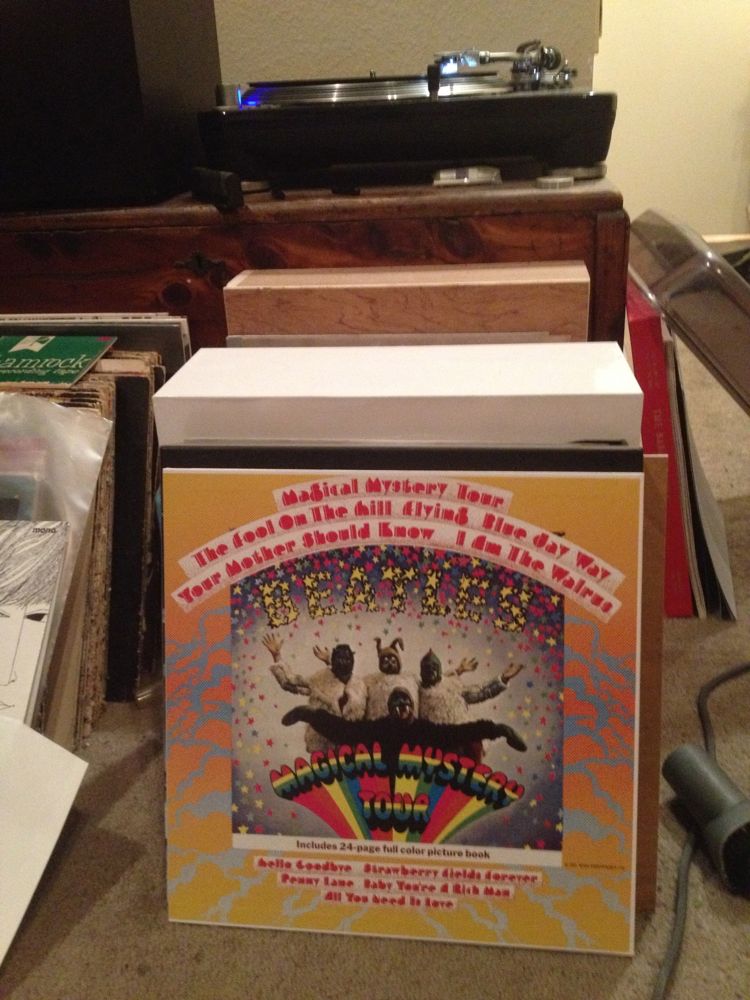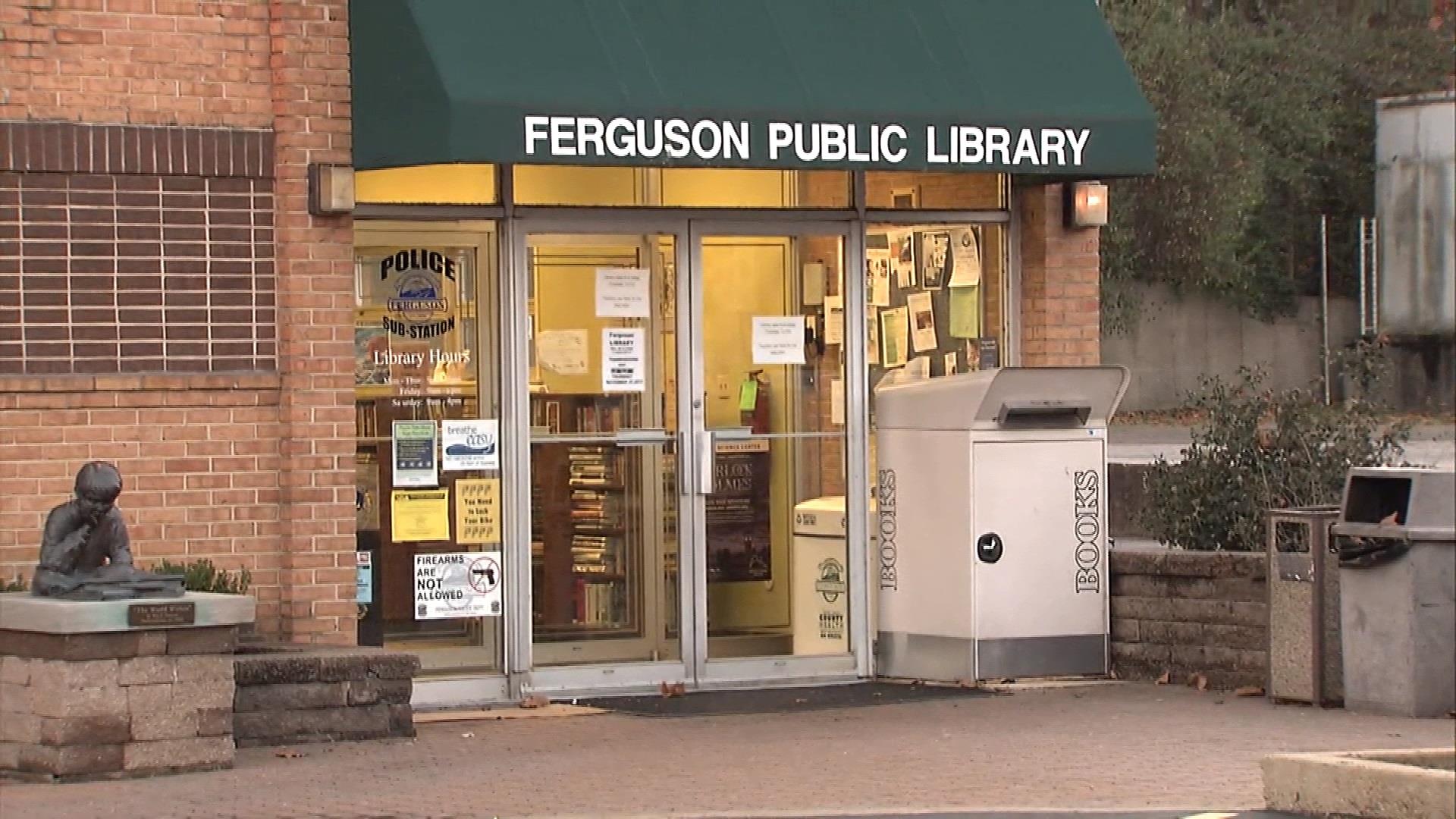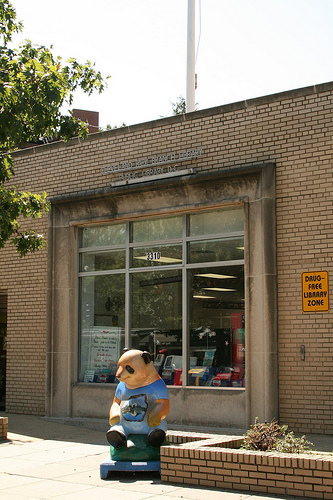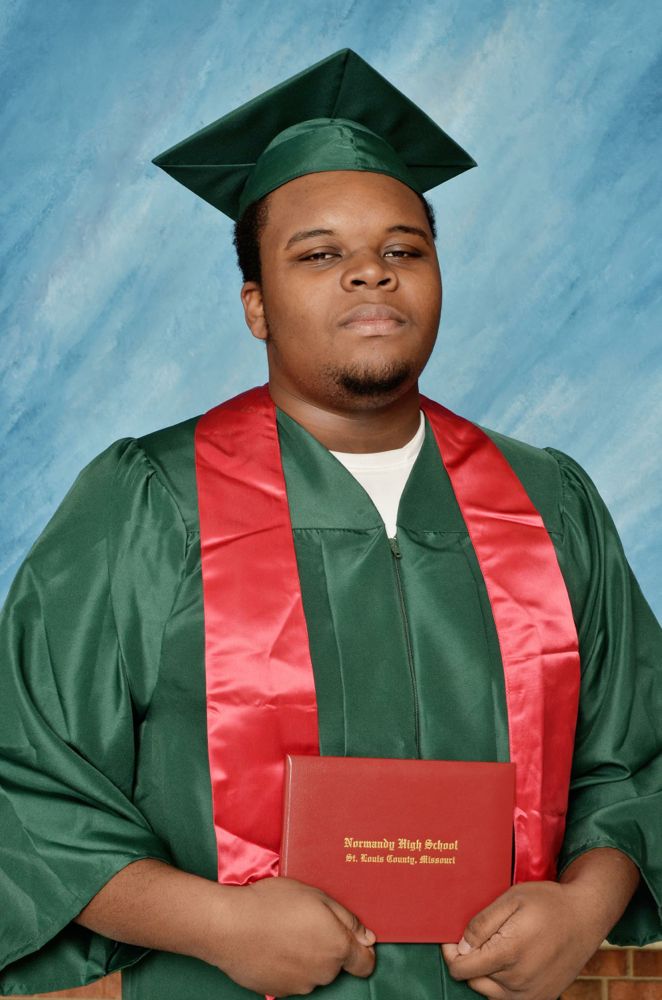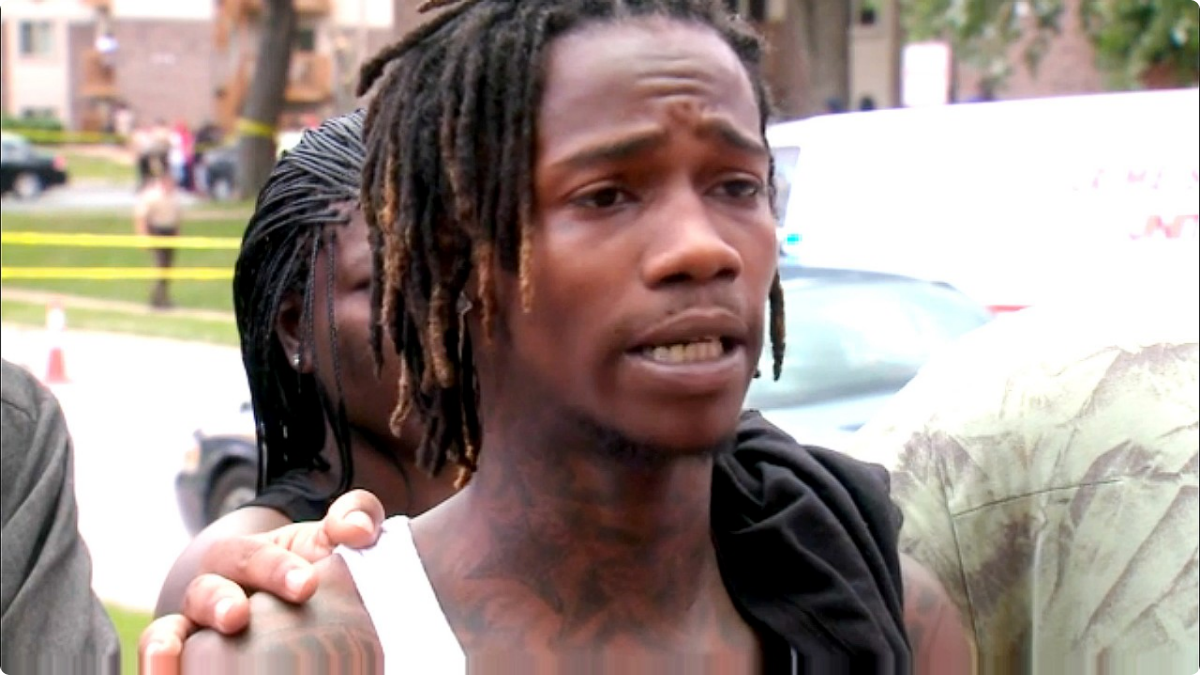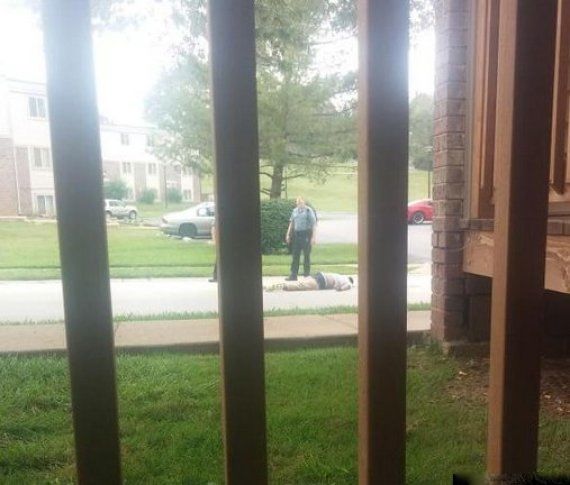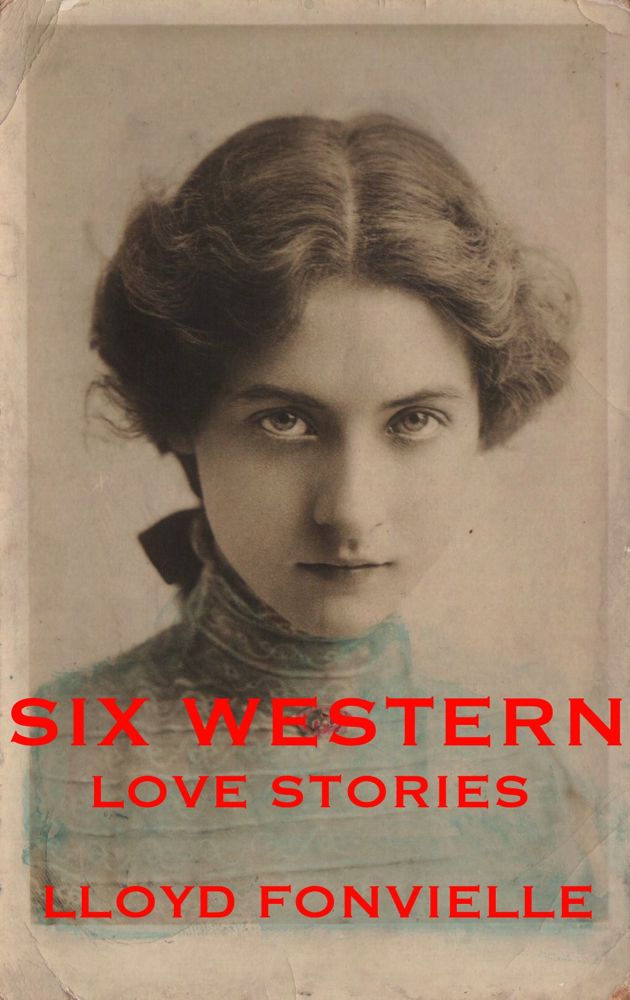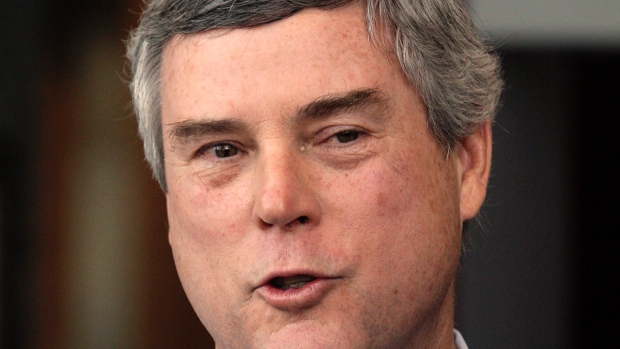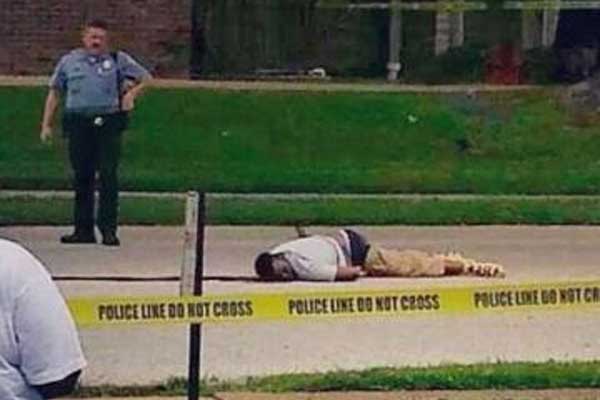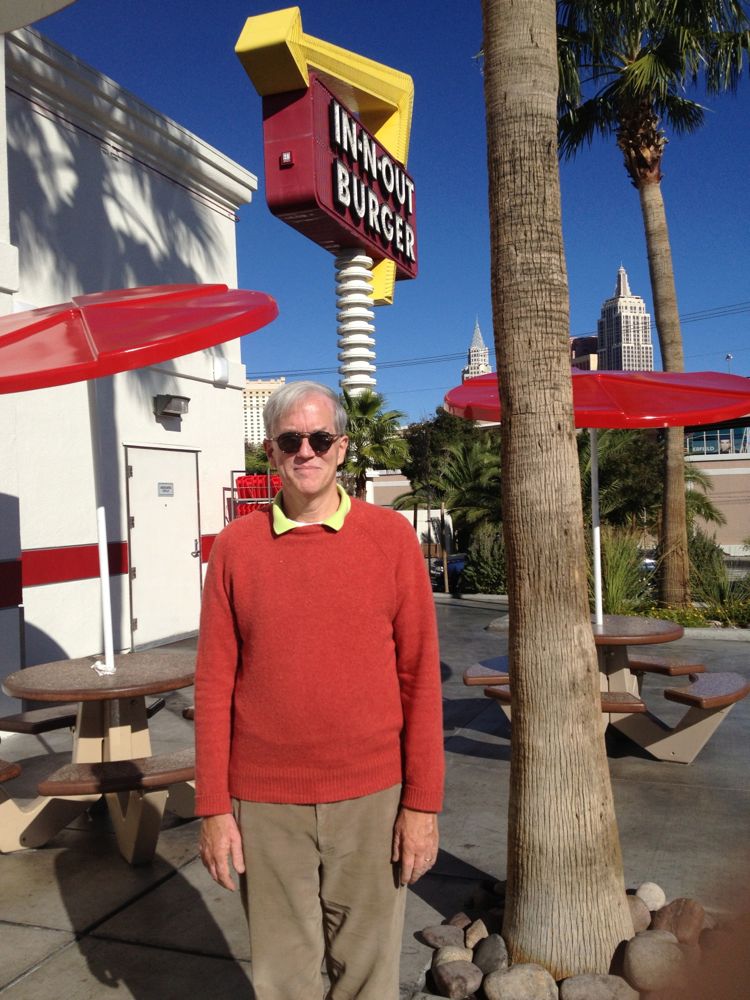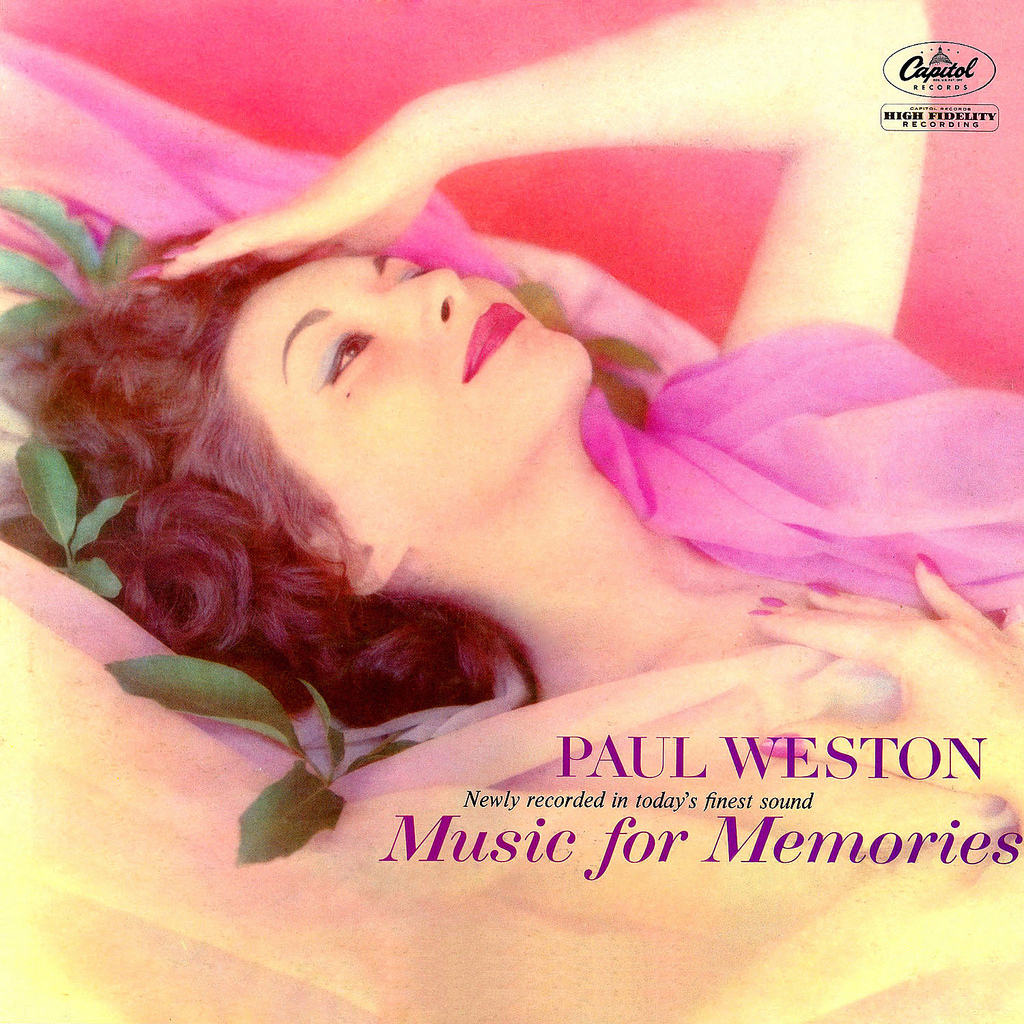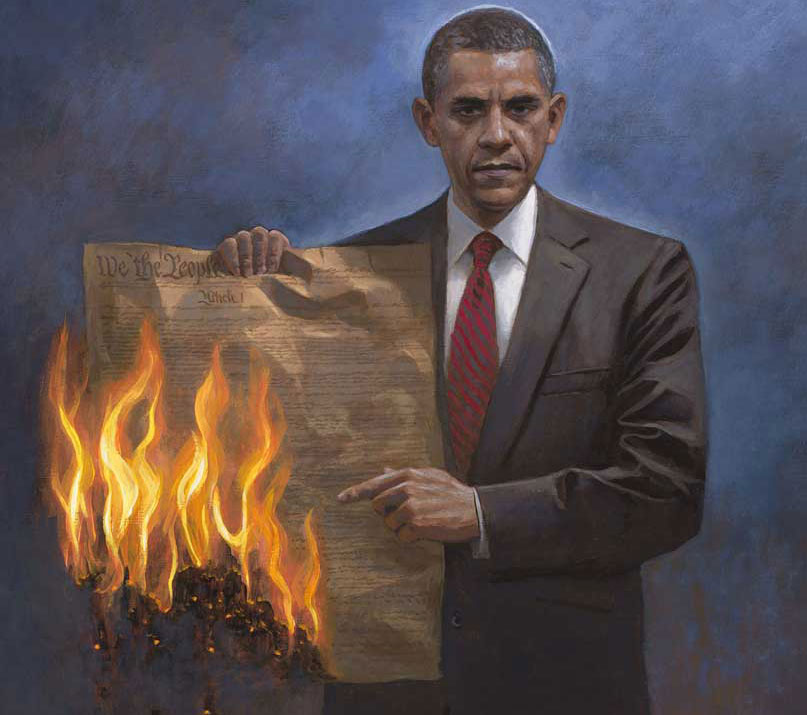
I’m someone who believes Obama should be impeached for his crimes against The Constitution — specifically in regards to the Fourth Amendment and habeas corpus. If I could add his recent executive orders on immigration to the list of such crimes I would happily do so, but a rational case can’t be made for it.
Unless you insist that Obama deport 11 million illegals tomorrow you are conceding his right — and indeed highlighting his obligation as chief executive — to prioritize deportations. It is not reasonable to suggest that he should create arbitrary priorities — devoting the same resources to deporting working mothers with American children that he devotes to deporting illegals with felony convictions or gang connections.

It is not reasonable to say that, having created rational priorities, he should keep them secret, when stating them could bring real (though temporary) relief and comfort to those who are low-priority.
It is not reasonable to say that Obama should prevent low-priority illegals from working until their cases are disposed of, since this would create potential burdens for the state which are totally unnecessary.
Finally you can’t argue, based on the record, that Obama is using his recent orders to avoid executing the immigration laws currently on the books. Deportation is no longer a term used in those laws — the terms “removal” and “return” having replaced it — but if you define deportation as most people do, to mean getting illegals out of the country, Obama has been busy at it, busier than any President in recent history.
He has presided over the “removal” of nearly 2 million illegals and the “return” of about 1.6 million more. If not The Deporter In Chief, as some have called him, he is certainly The Remover and Returner In Chief.

The Republican hysteria over Obama’s executive orders is simply irrational — a tempest in a teapot. Obama’s executive orders, like the Emancipation Proclamation before them, are largely symbolic — articulating enforcement policies that are already in effect and the only enforcement policies that are rational under the circumstances. They don’t grant citizenship, or a path to citizenship, to anybody, they don’t grant permanent amnesty to anybody, just as The Emancipation Proclamation didn’t free a single slave, much less abolish slavery.
Obama and the Democrats will of course exploit the symbolism of the orders for political gain, and this is what is causing Republicans such distress, primarily because of the symbolism that will also be contained in fighting the orders — a symbolism that will drive Hispanics in particular away from The Republican Party for generations to come . . . not all of them, of course, but enough to decide elections in battleground states.
Like The Emancipation Proclamation, Obama’s orders create a moral rallying point without actually changing anything — it is a political masterstroke that is probably unanswerable but hardly a violation of The Constitution.


